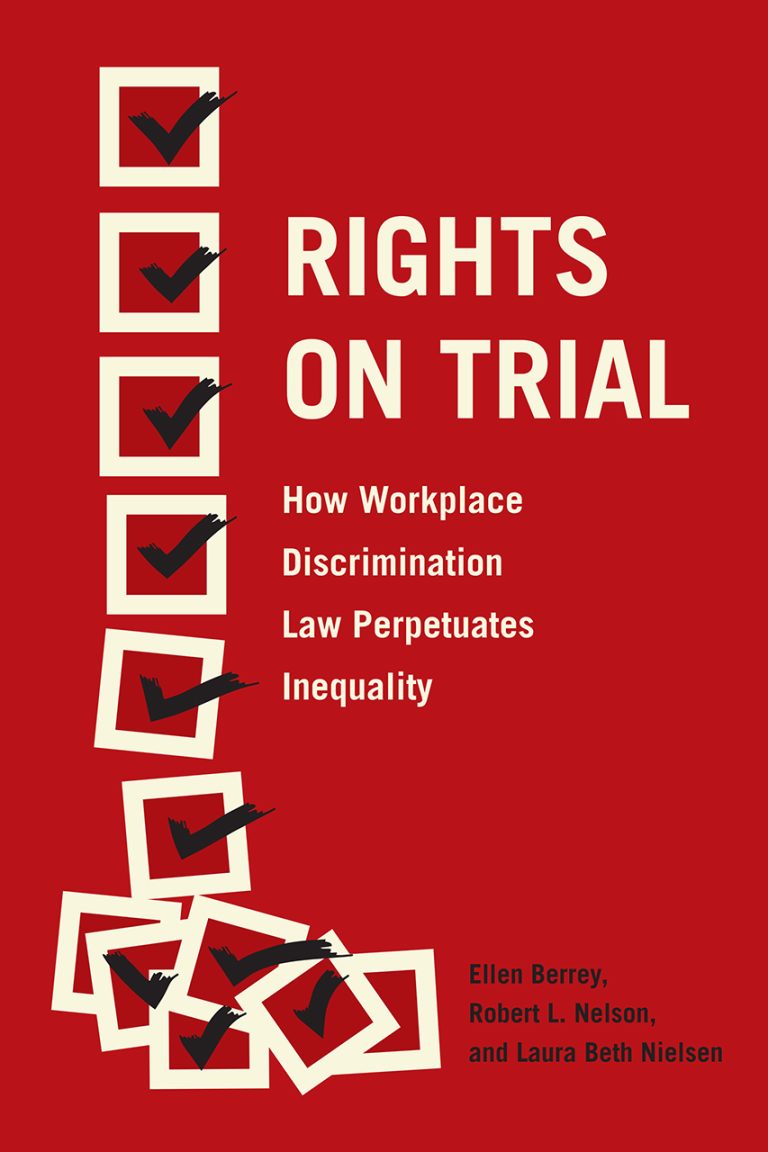This edition, featuring Bob Nelson, provides valuable insights into global governance through the exploration of practices of the rule of law across nations.
Our social norms and moral values shape our beliefs about the propriety of different types of market exchanges. Janice Nadler considers social and moral influences on beliefs about property and the consequences of these beliefs for the legal regulation of property.
Ronit Dinovitzer analyzes the financial benefits that contribute to the prestige and desirability of elite status in the legal profession.
Although the wisdom of mass incarceration is now widely questioned, incarceration rates have fallen far less than what would be predicted on the basis of crime trends. Informed by institutional studies of path dependence, sociolegal scholarship on legal discretion, and research suggesting that “late mass incarceration” is characterized by a moderated response to nonviolent crime but even stronger penalties for violent offenses, this article analyzes recent sentencing-related reforms and case processing outcomes.
Elizabeth Mertz and Katherine Barnes investigate why post-tenure law professors of color and women professors are dissatisfied with their work lives in this article.
Understanding how real people experience law is a core tenet of the ABF’s research mission. This desire to advance the discussion around access to justice drove ABF researchers Ellen Berrey, Robert L. Nelson, and Laura Beth Nielsen to examine the changing dynamics of workplace discrimination law over a decade ago, culminating in the book report, Rights on Trial: How Workplace Discrimination Law Perpetuates Inequality. This edition of Researching Law introduces the findings presented in this book.
This article featuring ABF’s Reuben J. Miller delineates the features of carceral citizenship and the state’s role in the lives of criminalized individuals.
This article, with Bryant Garth, presents insights from fifteen years of qualitative interviews on diversity, hierarchy, and fit in legal careers.
This article examines how individuals’ attitudes toward discrimination affect their perceptions of discrimination in the workplace and the likelihood of engaging in legal mobilization.
This edition of Researching Law introduces the ABF’s first scholar to study the intersections of culture and law in contemporary Native American governance, Justin Richland.
Based on rich interviews with plaintiffs, attorneys, and representatives of defendants and an original national dataset on case outcomes, Rights on Trial reveals the fundamental flaws of workplace discrimination law and offers practical recommendations for how we might better respond to persistent patterns of discrimination.

